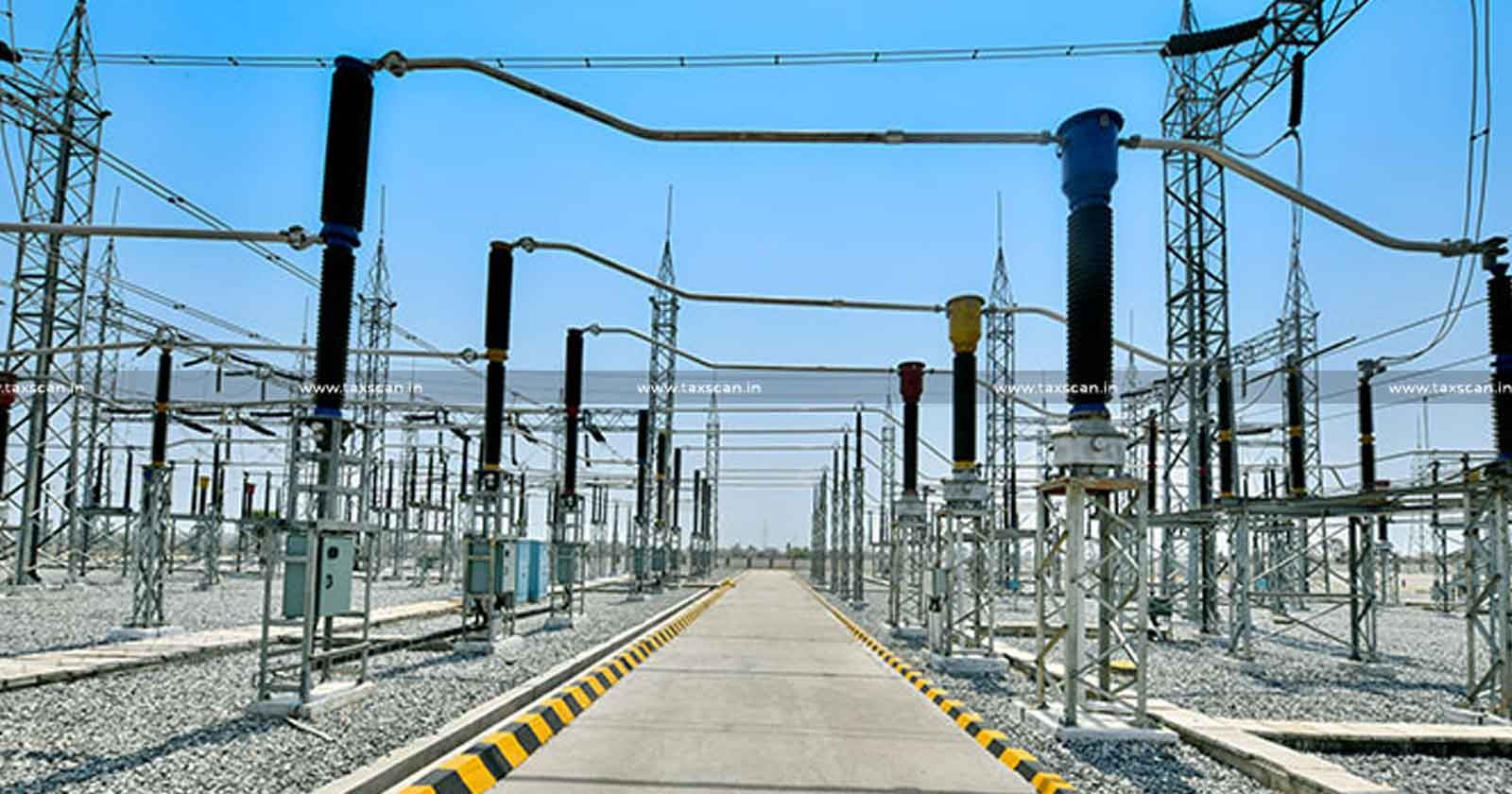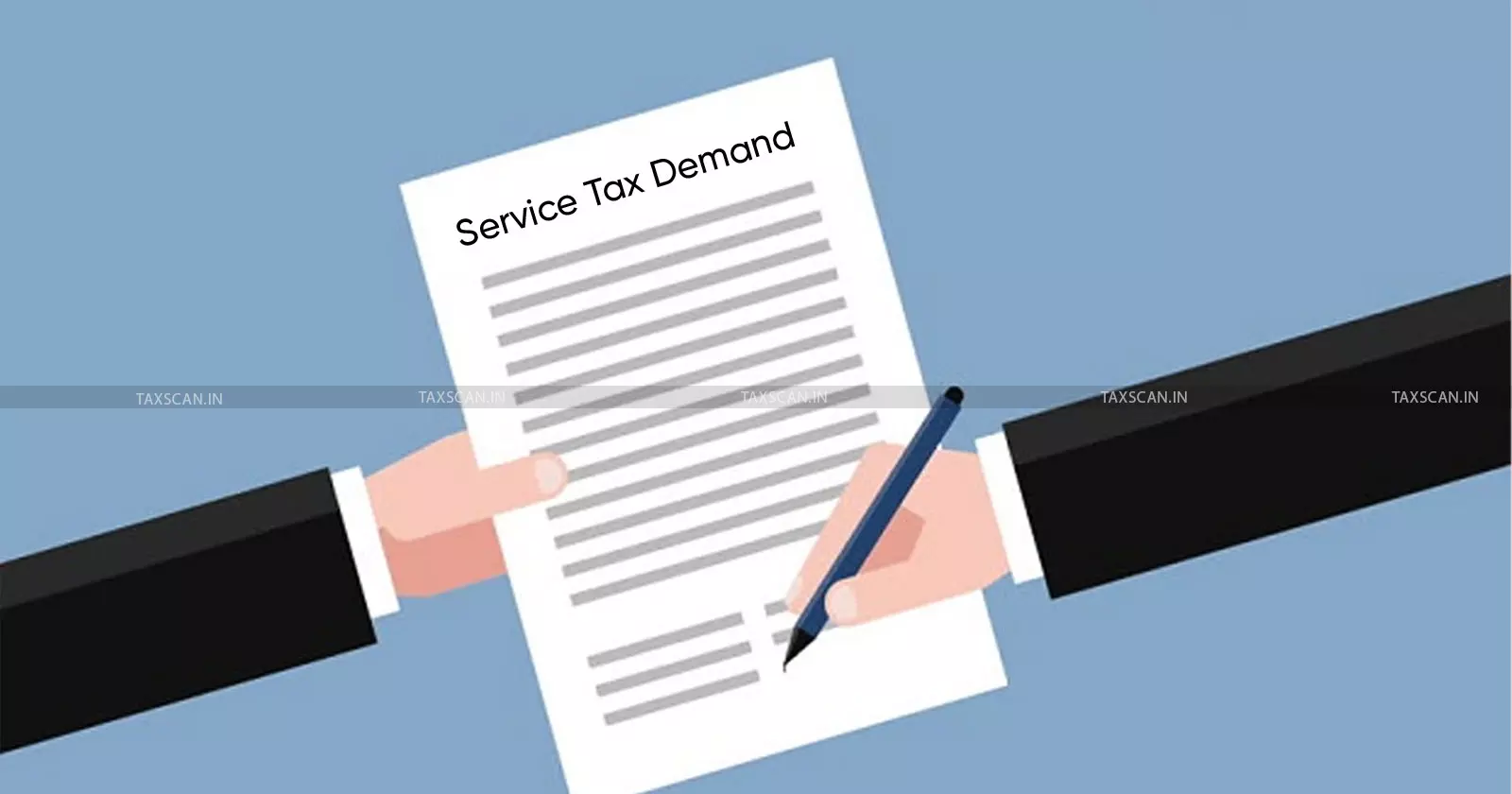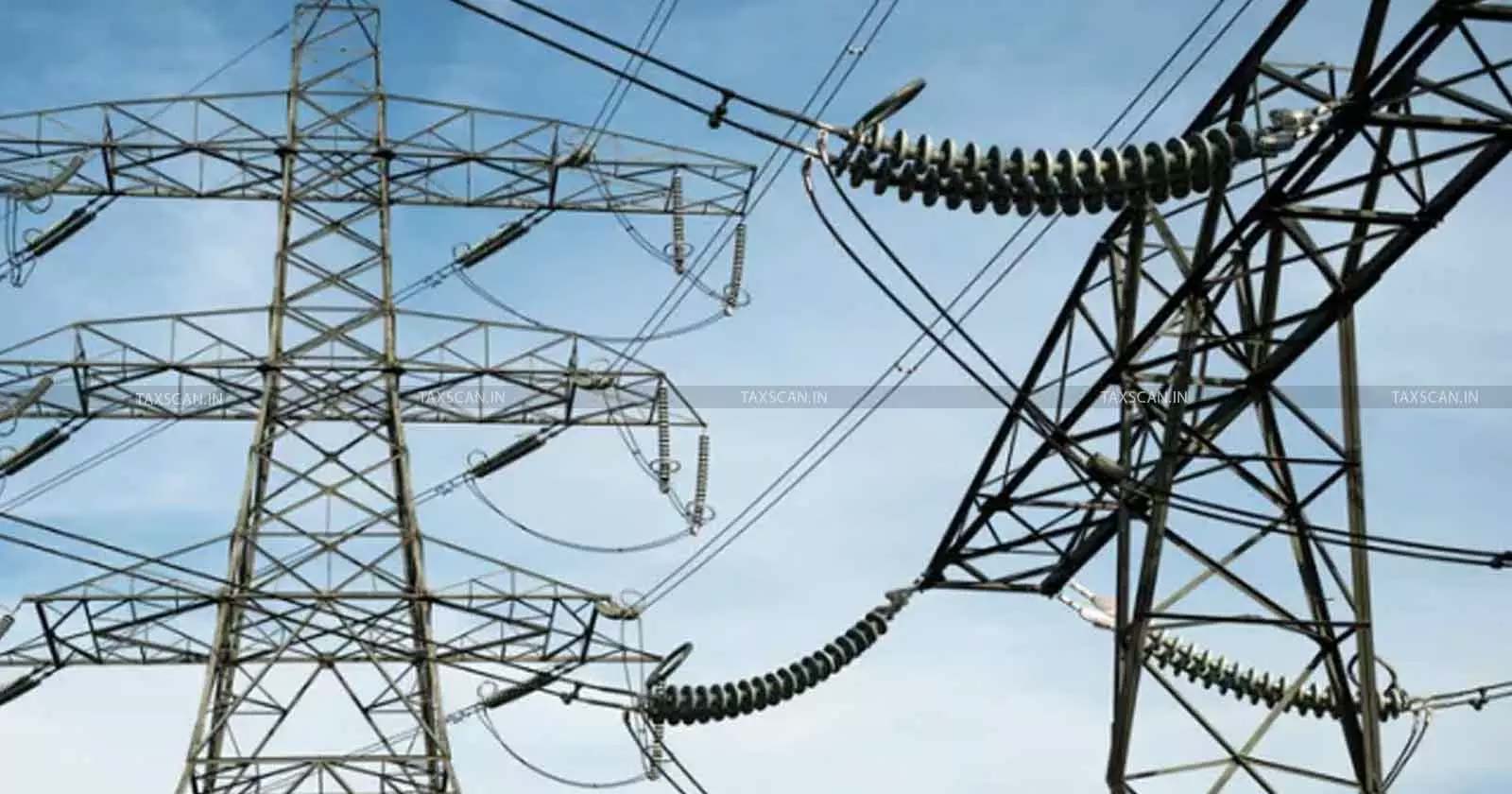Reimbursement like CHA, Insurance Charges Not Taxable before May 2015: CESTAT Confirms SKJ Express "Pure Agent" Status [Read Order]
The bench clarified that the lack of written agreement is only a procedural lapse and cannot be a reason for denial of substantive benefit of tax exemption
![Reimbursement like CHA, Insurance Charges Not Taxable before May 2015: CESTAT Confirms SKJ Express Pure Agent Status [Read Order] Reimbursement like CHA, Insurance Charges Not Taxable before May 2015: CESTAT Confirms SKJ Express Pure Agent Status [Read Order]](https://images.taxscan.in/h-upload/2025/11/18/2106161-reimbursement-cha-insurance-charges-cestat-skj-express-pure-agent-status-taxscan.webp)
The Principal Bench of the Customs, Excise and Service Tax Appellate Tribunal (CESTAT), New Delhi, set aside a Service Tax demand raised on the ground of failure to pay tax on reimbursed charges on services such as insurance, among others, before May 2015, confirming it qualified as a “pure agent”.
M/s. SKJ Express, a Jaipur based service provider registered under the categories of Cargo Handling Service and Courier Service, was subjected to an audit wherein it was observed that while the appellant paid Service Tax on transportation and courier charges, it had not paid tax on other components such as Customs House Agent (CHA) service fees, insurance, terminal, and airway bill charges.
The Department alleged that SKJ Express wrongly treated these as exempted services and issued a show-cause notice demanding ₹11,69,011 for the period from October 2006 to March 2010. The adjudicating authority confirmed the demand through an order, which was later upheld in appeal. Aggrieved, the assessee filed an appeal.
 Also Read:Electricity Charges Collected by Maintenance Firm Not Taxable Under Service Tax: CESTAT [Read Order]
Also Read:Electricity Charges Collected by Maintenance Firm Not Taxable Under Service Tax: CESTAT [Read Order]
Comprehensive Guide of Law and Procedure for Filing of Income Tax Appeals, Click Here
Appearing for the appellant, Advocate Alok Kothari, urged that the impugned demand was raised on amounts reimbursed by clients towards CHA fees and other charges incurred on their behalf. Further, submitted that the appellant had regularly disclosed in its Service Tax returns that tax was not paid on exempted amounts.
He contended that SKJ Express fulfilled all conditions of a “pure agent” as defined under Rule 5(2) of the Service Tax (Determination of Value) Rules, 2006, as the expenses were recovered on an actual basis. He pointed out that Rule 5(1) of the Service Tax (Determination of Value) Rules, 2006, has been declared as ultra vires of Section 67 of the Finance Act, 1994, and therefore, the extended period of limitation was inapplicable.
Jaya Kumari, for the department contended that SKJ Express could not be considered a “pure agent” since the service invoices did not separately indicate payments made on behalf of clients as required under Rule 5(2) of the 2006 Rules.
 Also Read:CESTAT Sets Aside Service Tax Demand on Pre-Amendment Reimbursable Expenses u/s 67 of the Finance Act, 1994 [Read Order]
Also Read:CESTAT Sets Aside Service Tax Demand on Pre-Amendment Reimbursable Expenses u/s 67 of the Finance Act, 1994 [Read Order]
The bench of Dr. Rachna Gupta, Judicial Member and A.K. Jyotishi, Technical Member observed that the disputed reimbursements were actual recoveries of expenses incurred on behalf of service recipients and not for services used by the appellant itself. The Bench expounded that the absence of a formal written agreement explicitly describing the appellant as a pure agent was merely a procedural lapse and did not justify denial of substantive tax benefit.
Therefore, the Tribunal ruled that the definition under Rule 5(2) was fulfilled in substance and that the appellant’s records and debit notes corroborated the reimbursement nature of the transactions.
Comprehensive Guide of Law and Procedure for Filing of Income Tax Appeals, Click Here
In reference to the Supreme Court’s decision in Intercontinental Consultants and Technocrats Pvt. Ltd.(2018), the Bench clarified that Rule 5(1) had been struck down as ultra vires Section 67 prior to its amendment in 2015. Hence, reimbursable expenses incurred prior to May 14, 2015, could not form part of taxable value.
 Also Read:No Service Tax on Reimbursement of Electricity Charges Collected on Actual Consumption Basis: CESTAT [Read Order]
Also Read:No Service Tax on Reimbursement of Electricity Charges Collected on Actual Consumption Basis: CESTAT [Read Order]
Further, the Tribunal noted that the show cause notice covering the period October 2006 to March 2010 was time-barred since there was no suppression of facts and the issue was interpretational.
Accordingly, the CESTAT set aside the impugned order and allowed the appeal, holding that the demand and penalty were unsustainable in law.
Support our journalism by subscribing to Taxscan premium. Follow us on Telegram for quick updates


